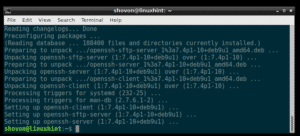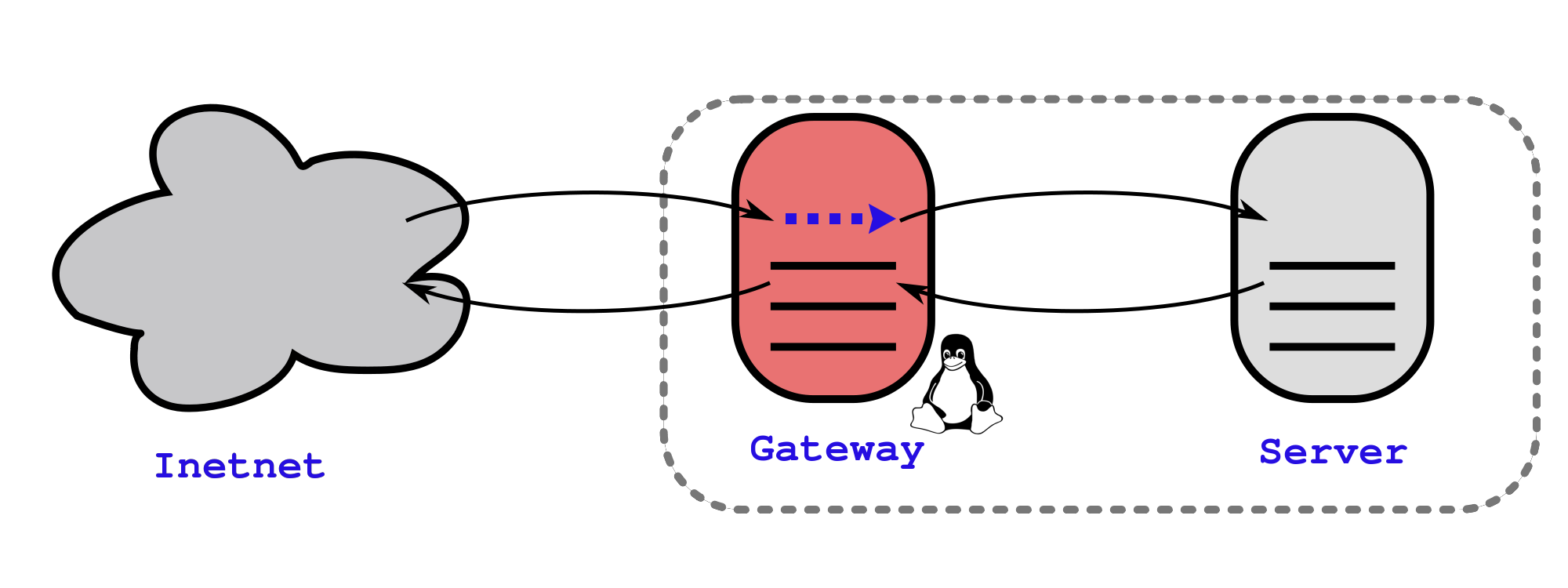
- #DEBIAN PORT FORWARD UTILITY HOW TO#
- #DEBIAN PORT FORWARD UTILITY INSTALL#
- #DEBIAN PORT FORWARD UTILITY GENERATOR#
Program for managing a Netfilter firewall

Wrapper for Linux iptables, for filtering rules management Linux 2.4.x (and 2.6.x) router/firewall network configuration system Interactively creates a Linux packet filtering firewall NAT/masquerading/port-forwarding configuration tool in Qt5 Gtk program for managing and observing your firewallĭynamically managed firewall with support for network zones

#DEBIAN PORT FORWARD UTILITY GENERATOR#
Packet filter generator for various firewall systemsĪn easy to use but powerful iptables stateful firewall Maintain and setup complicated firewall rules Single- and multi-homed firewall script with DSL/ADSL support Some Debian-specific data about these packages: Vuurmuur: Victor Julien's vuurmuur is not (yet?) included in Debian, but Debian packages are available in an apt-able archive.

Configuration is done through a simple set of files that are used to generate the iptables rules. Shorewall is a firewall configuration tool which provides support for IPsec as well as limited support for traffic shaping as well as the definition of the firewall rules. The netscript-2.4 Debian package description says: "DON'T use this on a server - it is designed for dedicated routers and firewalls with hardly any configured services." Mason is an application which can propose firewall rules based on the network traffic your system sees. Complete fwbuilder's functionality is also available from the command line. It is similar to enterprise firewall management software. The application includes a GUI to be able to monitor when a firewall rule blocks traffic.įwbuilder is an object oriented GUI which includes policy compilers for various firewall platforms including Linux' netfilter, BSD's pf (used in OpenBSD, NetBSD, FreeBSD and MacOS X) as well as router's access-lists. The configuration file is application-specific.įirestarter is an application oriented towards end-users that includes a wizard useful to quickly setup firewall rules. The fiaif configuration file is very similar to raw iptables rules.įiltergen has support for non-iptables packet filters too. Variables and combined rules simplify rule definitions and enhance readability. Here's an overview of the different tools (selection inspired upon what's available in Debian unstable as of 2014-07):įerm uses a text-based configuration with keywords closely resembling iptables rules. Some of these are described in the Securing Debian Manual. Installing more than one will not make your system more secure it will likely make your system unmanageable.īTW: There's also a securityfocus article (from April 2001) comparing some of these tools.
#DEBIAN PORT FORWARD UTILITY INSTALL#
NB: you should install just one of these packages. This section is devoted to help you making a choice among this truckload of options by comparing the tools. I also found this to be invaluable, along the lines of ECN: Īnother very good reading on iptables, including both - new or advanced iptables users can be found here:

#DEBIAN PORT FORWARD UTILITY HOW TO#
Note that some of the information in this page can be out of date.įirewalls-dnat-redirect is one sticky point where hosts are in the same subnet as the DNATed service they are trying to use, and need special attention to make connections work.įirewalls-local-port-redirection tells you how to redirect traffic from one port to another within single machine. All messages entering or leaving the intranet pass through the firewall, which examines each message and blocks those that do not meet the specified security criteria. Firewalls are frequently used to prevent unauthorized Internet users from accessing private networks connected to the Internet, especially intranets. Firewalls can be implemented in both hardware and software, or a combination of both. A system designed to prevent unauthorized access to or from a private network.


 0 kommentar(er)
0 kommentar(er)
